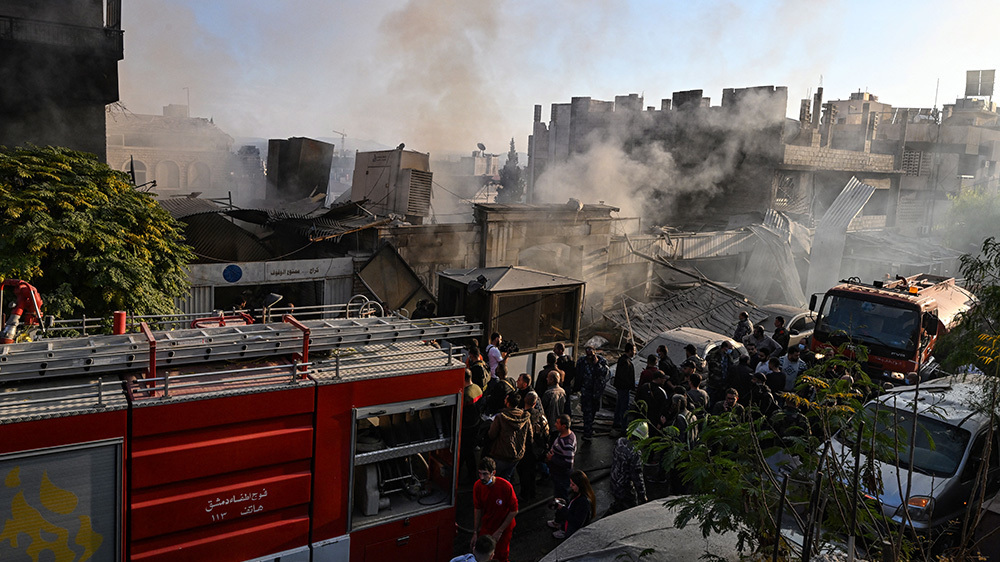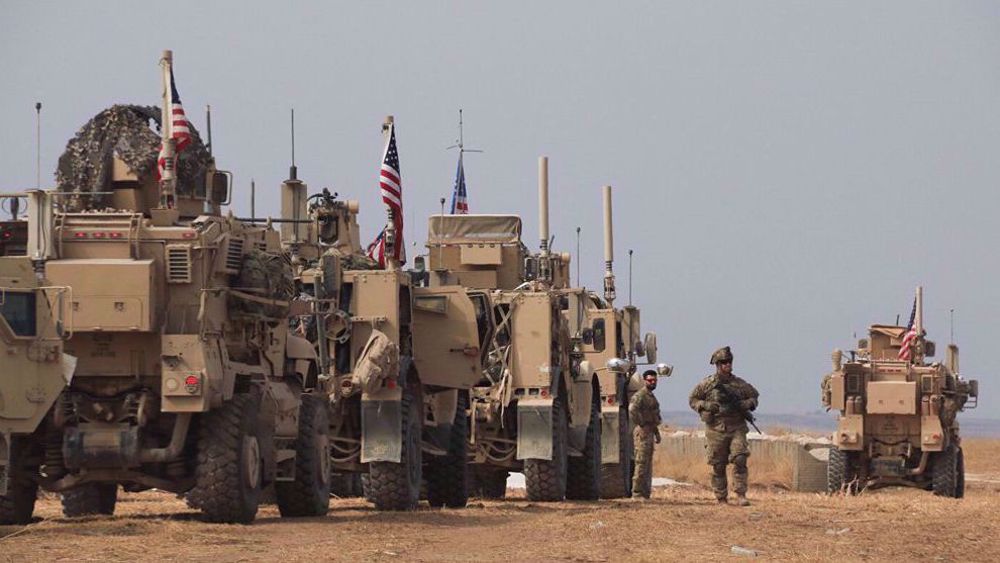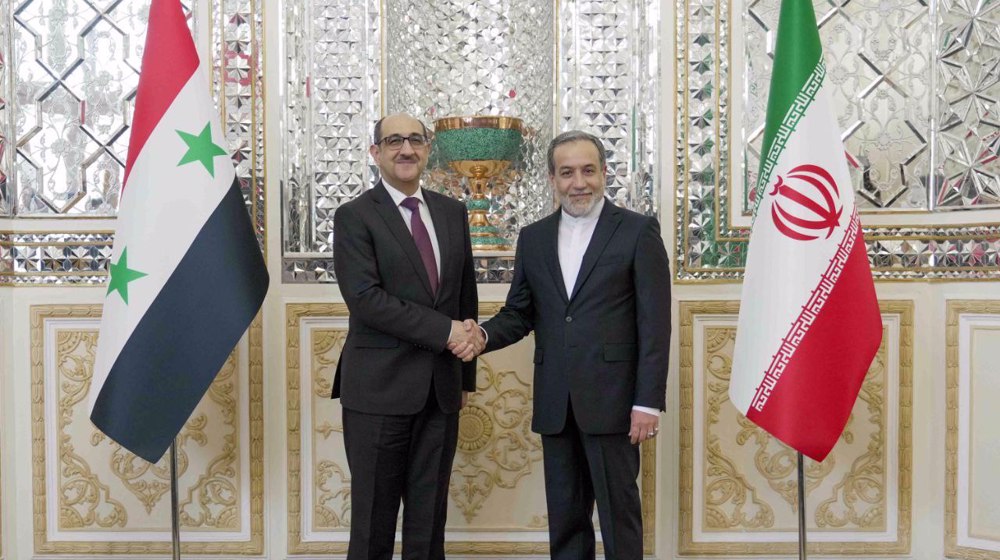Senior Israeli officials urge sectarian partition of Syria
Officials with the Israeli regime, which is already widely accused of supporting Takfiri militants wreaking havoc in Syria, have called for the partition of the Arab country along sectarian lines.
Ram Ben-Barak, the director general of Israel's Intelligence Ministry, said the proposed breakup was “the only possible solution” to the conflict in Syria.
"I think that ultimately Syria should be turned into regions, under the control of whoever is there - the Alawites where they are, the Sunnis where they are," Ben-Barak told Israel's Army Radio on Sunday.
Israel's Minister of Military Affairs Moshe Ya'alon, who was in Munich to meet with European counterparts and Jordan's King Abdullah, also echoed Ben-Barak’s remarks.
"Syria as we have known it will not be united anew in the foreseeable future, and at some point I reckon that we will see enclaves, whether organized or not, formed by the various sectors that live and are fighting there," he said in a statement on Sunday.

Ya'alon also voiced doubt that a ceasefire plan for Syria agreed upon recently would succeed.
After negotiations in Munich, diplomats from a working group of 17 countries, including the US, Russia, Turkey, Saudi Arabia and Iran, agreed Thursday to establish a temporary "cessation of hostilities" in Syria within a week.
The International Syria Support Group (ISSG) also called for rapid humanitarian access to besieged Syrian towns.
The Israeli officials' statements come as reports say Israel has been supporting the militants fighting the government of Syria's President Bashar al-Assad.
The Israeli regime has set up hospitals near the border with Syria to treat the injured militants coming in from the battlefield there. Locals in the occupied Golan Heights have also intercepted Israeli vehicles transporting injured militants on the road between al-Sheikh Mountain and the village of Majdal Sham.
The Israeli calls for dividing Syria was raised as Turkey and Saudi Arabia, two regional sponsors of militant groups in Syria, have in recent weeks voiced their interest in launching a ground operation inside the country.
On February 12, Saudi Foreign Minister Adel al-Jubeir told CNN that Riyadh is ready to deploy special forces to Syria if the US-led coalition, carrying out airstrikes in the country since September 2014, decides to take such a move.
The idea of a possible participation in ground operations in Syria was first raised on February 4 by Ahmed Asiri, a spokesman for the Saudi Defense Ministry.
Furthermore, Saudi Arabia has dispatched warplanes to the Incirlik Air Base in southern Turkey, claiming that the move is in line with the fight against Daesh terrorists in neighboring Syria.
Turkish Foreign Minister Mevlut Cavusoglu has said Ankara and Riyadh could launch a ground operation in Syria “if there is a strategy.”
The United States has welcomed the Saudi offer, while it has been met with strong criticism from Syria and its allies.
Syrian Foreign Minister Walid al-Muallem has said that any “ground intervention on Syrian territory without government authorization would amount to an aggression that must be resisted.” He has also warned that potential aggressors would return home in a “wooden coffin.”
Russia, Iran and Iraq have also warned against the deployment of foreign ground forces in Syria.
The foreign-sponsored conflict in Syria, which flared up in March 2011, has killed some 470,000 people and left 1.9 million injured, according to the so-called Syrian Center for Policy Research.
Israeli strikes kill 88 Palestinians in northern Gaza
American voters plainly rejected complicity in Gaza genocide: Iran FM spox
ICC should issue more arrest warrants for Israeli authorities over Gaza genocide: UN expert
Israel using AI weapons co-produced by India in Gaza genocide: Report
Israel issues new evacuation orders, shortly launches strikes on southern Lebanon
VIDEO | Press TV's news headlines
From Iraq to Gaza: The great disconnect between British people and rulers
Syria condemns Israel's killing of 36 in 'horrific' strike on Palmyra















 This makes it easy to access the Press TV website
This makes it easy to access the Press TV website